During the Chinese New Year, how should you care for the phalaenopsis you buy home?
Last Update :2024.11.07
Article Catalog
The Chinese New Year is coming soon, and every household will buy a few pots of flowers to put at home to add joy. Among them, the most popular flower is the Phalaenopsis. Phalaenopsis not only has beautiful flowers, but many people grow up with Clivia within a few days after buying it home. It wilts, or wilts after a month. What's going on?
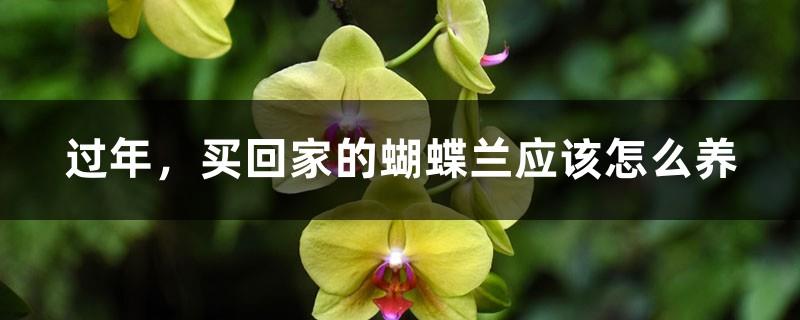
temperature
Temperature
Phalaenopsis is native to the tropics and likes an environment of high temperature and humidity. The phalaenopsis in the flower market are all grown in the high temperature and humidity environment of greenhouses, so It is best to ensure that the temperature of the phalaenopsis you bring home is between 15-27 degrees Celsius. Pay special attention to the sudden cooling at night. Do not let the phalaenopsis stay in an environment below 13 degrees for too long, especially when you first buy it home. .
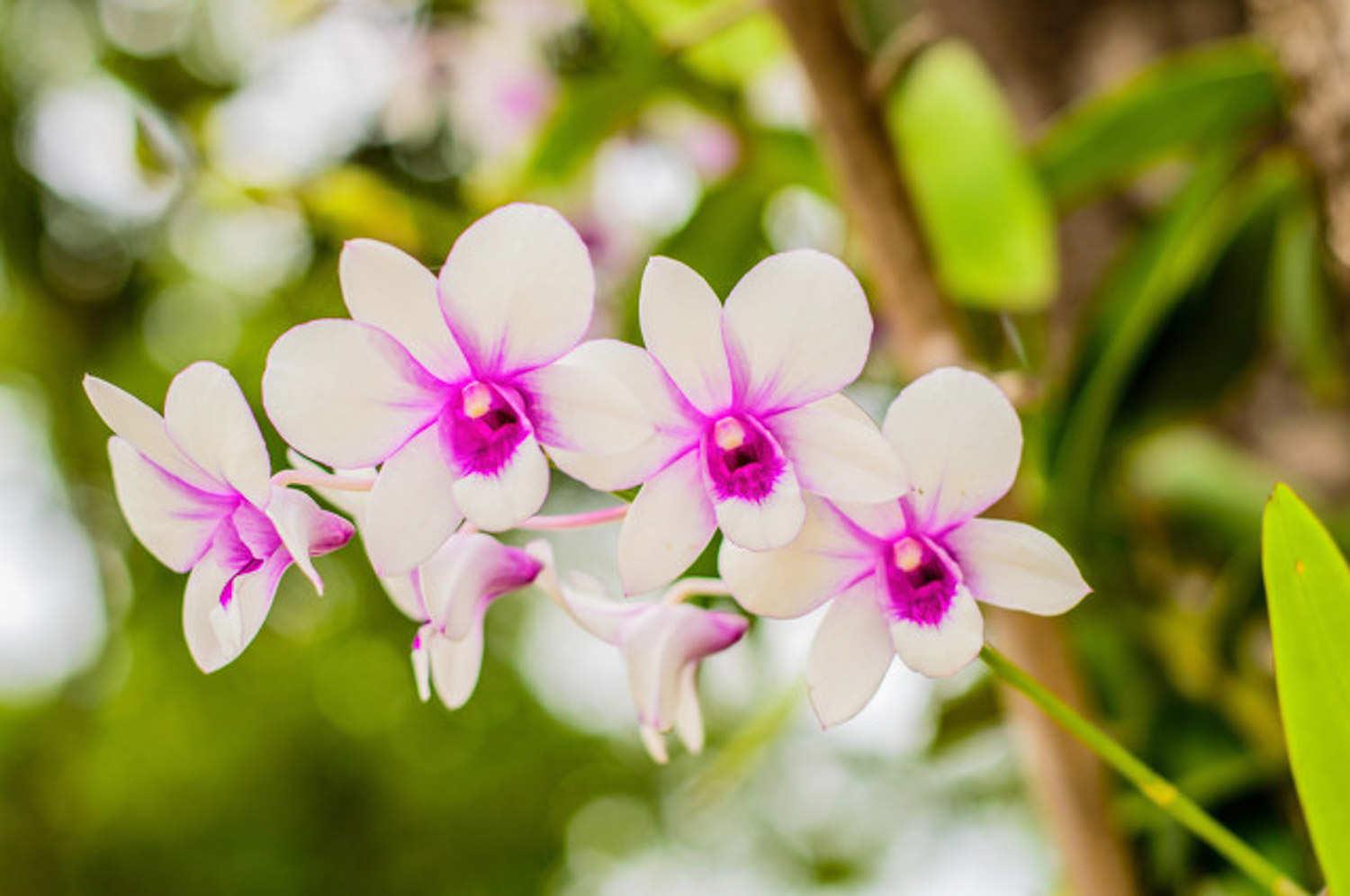
Note: Although the temperature must be guaranteed, it is absolutely not possible Place the Phalaenopsis near the radiator or air conditioner outlet, otherwise it will be easily burned to death.
Moisture
Most of the Phalaenopsis orchids grow on tree trunks in their place of origin. The roots are exposed in the air and absorb moisture from the air. The root systems of the Phalaenopsis orchids we see now are all Buried in the soil, the aeration is much poorer, so once there is too much moisture in the soil, the Phalaenopsis will easily rot its roots.
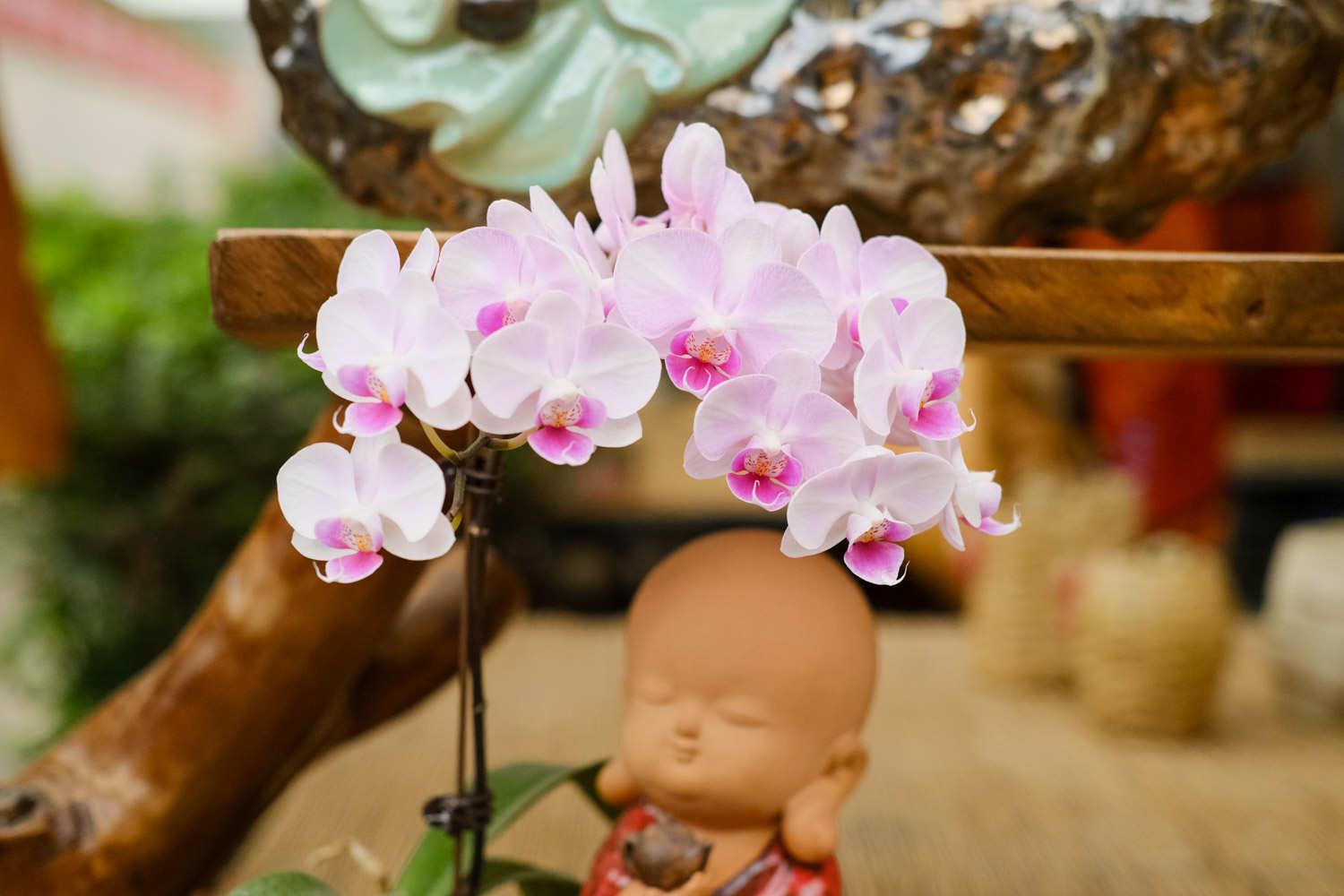
Therefore: follow the instructions for watering Phalaenopsis When the soil surface is dry and wet, just touch it until the soil surface is dry and white before watering. Phalaenopsis planted with sphagnum moss can be watered 1-2 times a month. Water thoroughly until water runs from the bottom of the pot. Watering in winter is suitable at noon when it is relatively warm, and the water temperature should be kept close to room temperature.
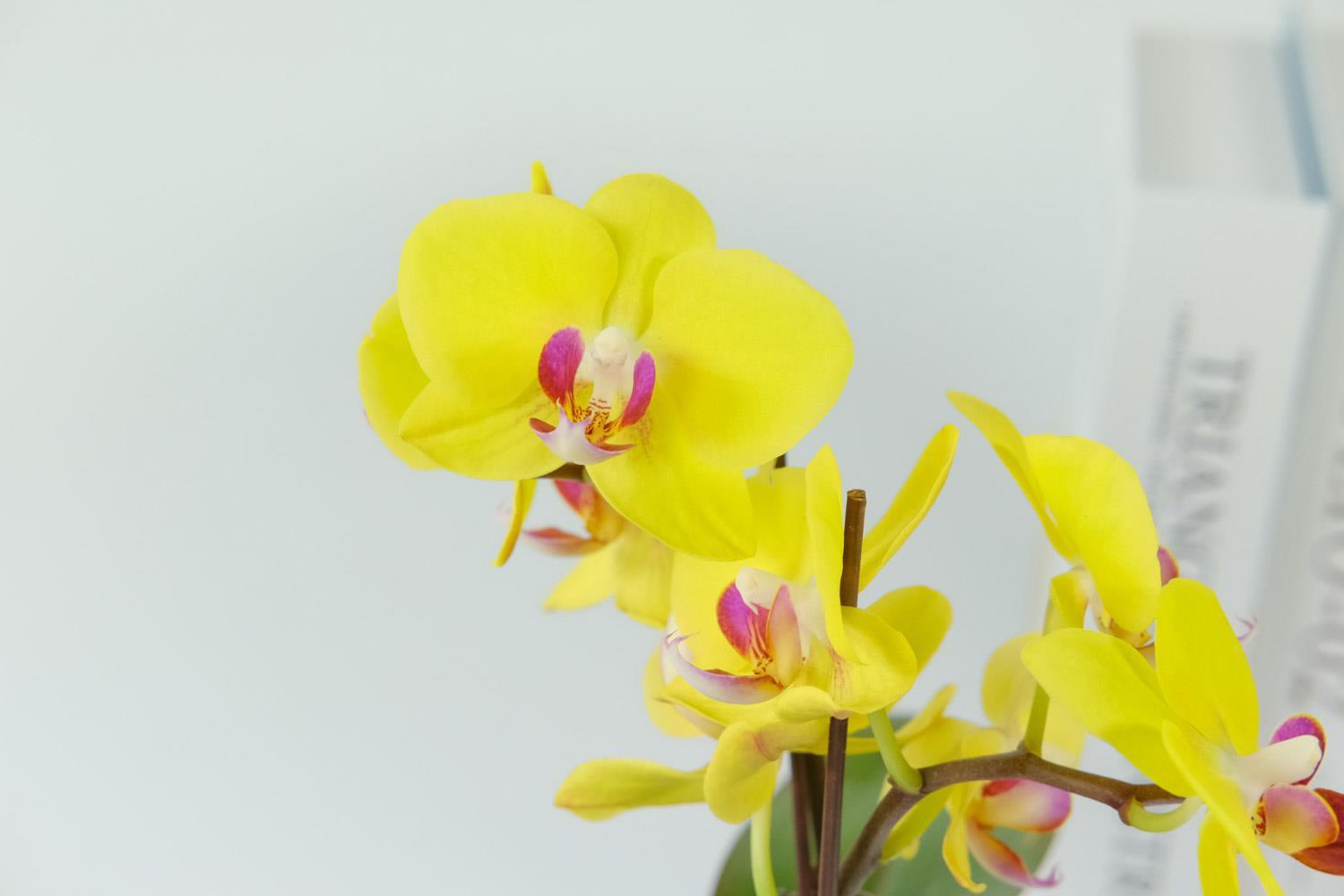
In addition, indoors in the north are relatively dry, so when watering You can use a watering bottle to spray the leaves and surroundings to increase humidity, but be careful not to spray water on the flowers, otherwise the flowers will rot.
Fertilization
Phalaenopsis likes fertilizer and needs fertilization basically throughout the year, unless the temperature is below 10 degrees or above 32 degrees and enters the dormant period.
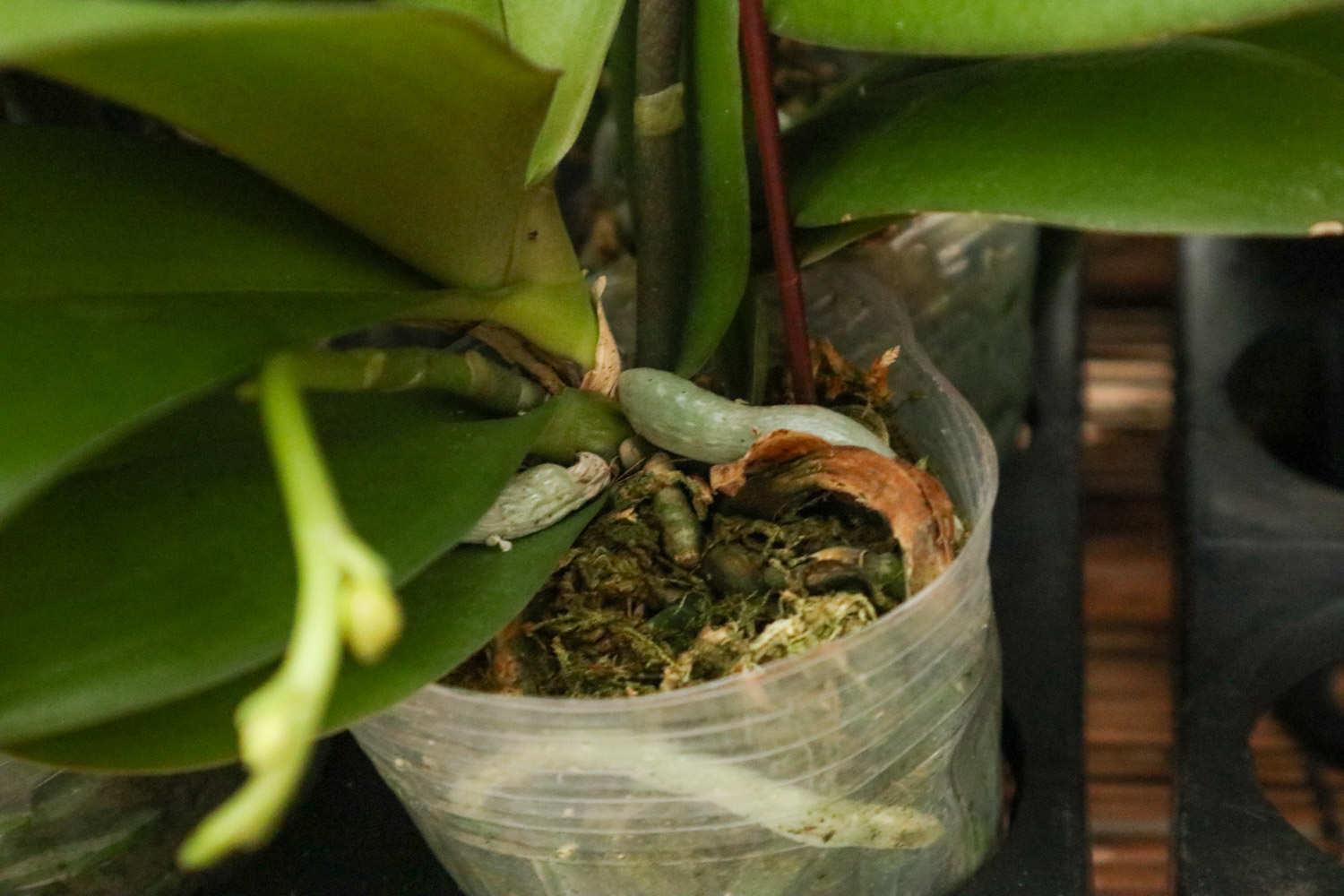
Phalaenopsis is budding or blooming in autumn and winter During this period, fertilization should be light phosphorus and potassium fertilizer, not nitrogen fertilizer. Flower lovers can use Phalaenopsis special fertilizer or potassium dihydrogen phosphate every 2-3 weeks. According to the ratio of fertilizer: water = 1:1500 or 1:2000, spray the leaves Surface, or soil surface, fertilizing time is best done in the afternoon after watering.
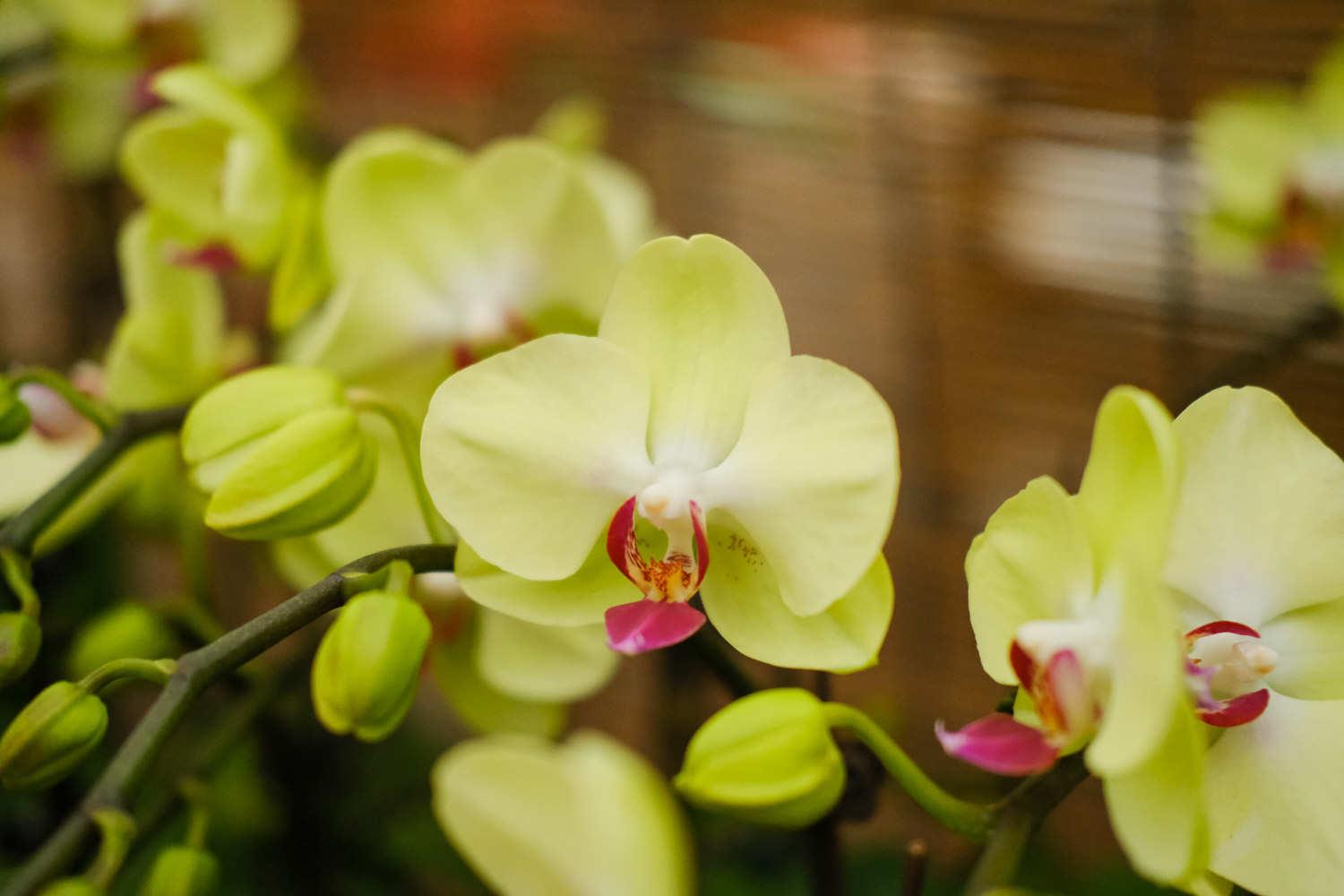
Spring and summer are the growth periods of Phalaenopsis. Apply a thin compound fertilizer (mainly nitrogen and phosphorus) every 7-10 days, organic fertilizer is better.
Soil
It is best not to use pure soil to grow Phalaenopsis. In the north, where the air is dry and the wind is strong, you can use sphagnum moss. In the south, where the air humidity is relatively high, you can use bark or bark + Sphagnum moss + orchid stone planting.
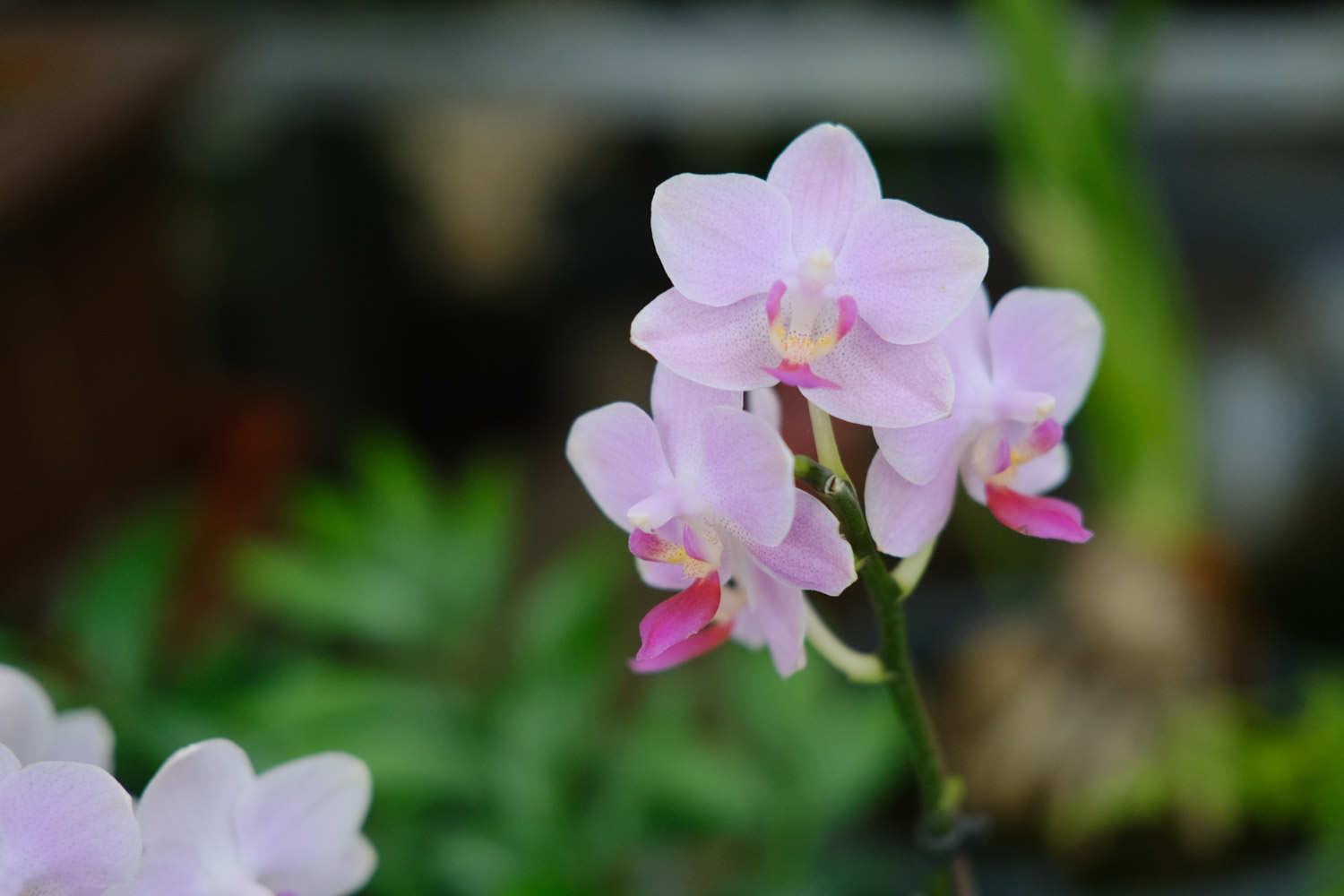
Note: Pure sphagnum moss has strong water retention. Be sure not to water too much, otherwise it will easily cause root rot.
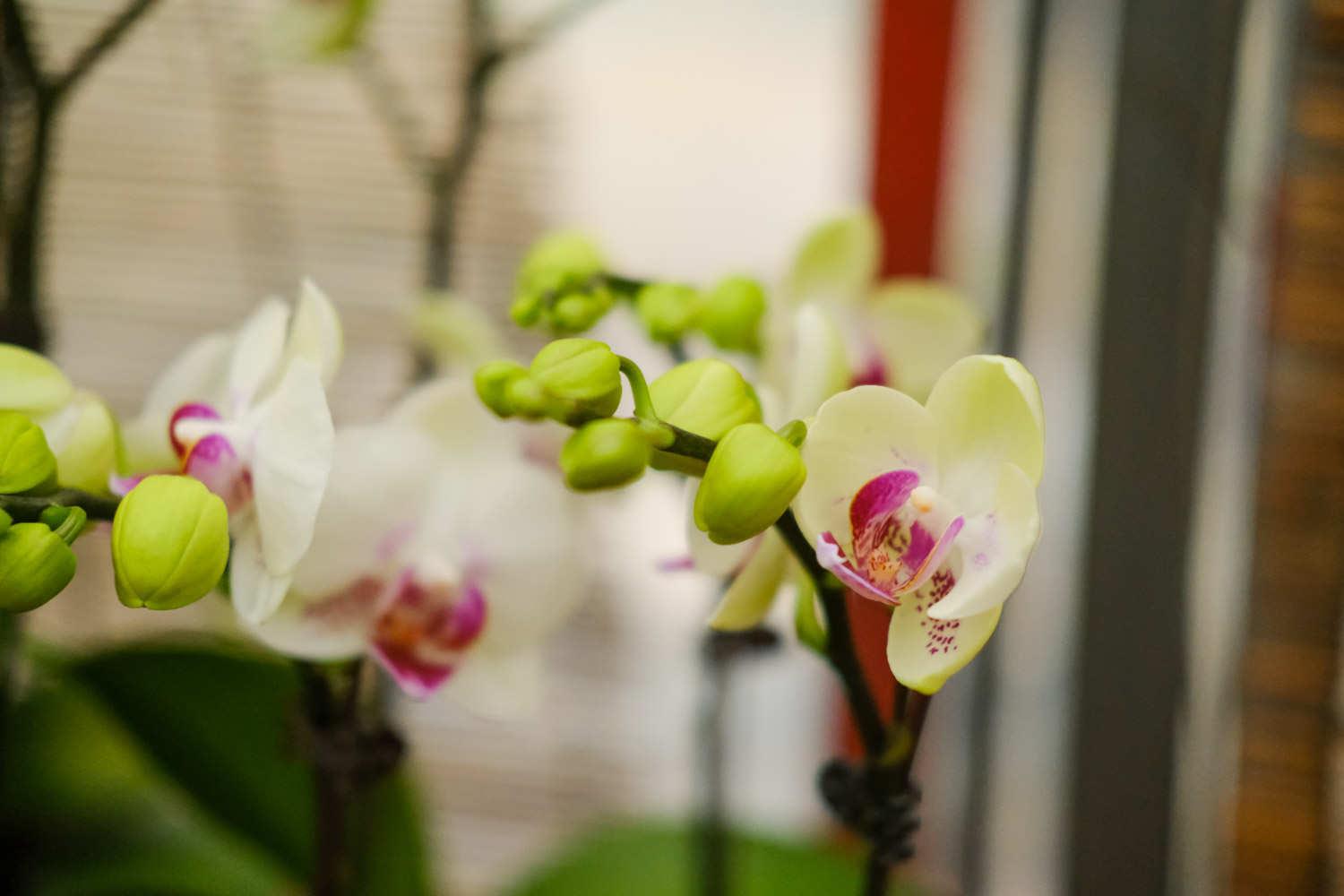
Light
Although the butterfly Orchids are relatively shade-tolerant, but they also need to receive appropriate light to grow vigorously. Especially Phalaenopsis before and after the flowering period, they must receive sufficient light, but not direct sunlight.
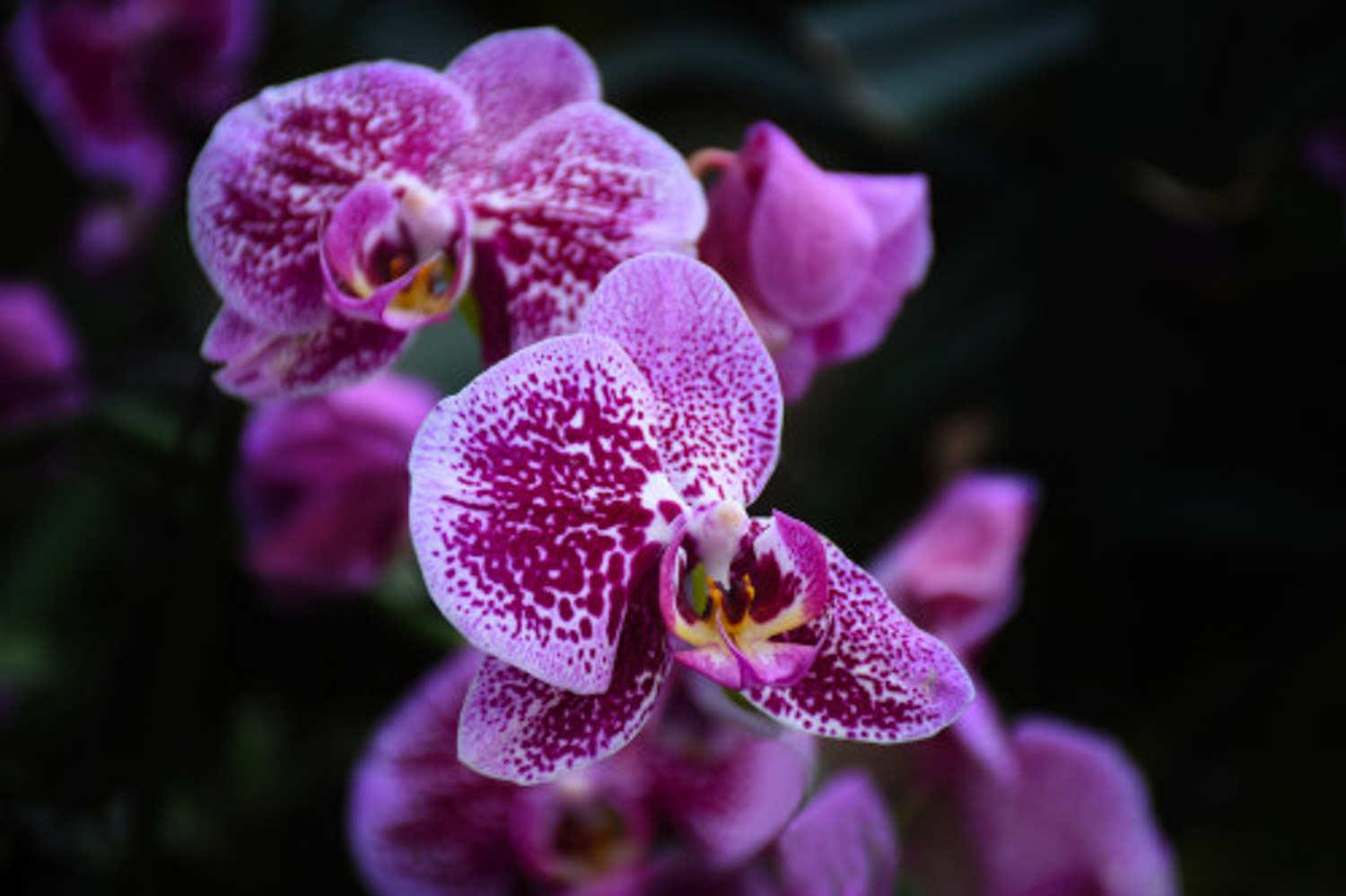
After flowering, Phalaenopsis needs to reduce light , need to be maintained in an environment with scattered light in the living room, which will not only extend the flowering period, but also make the flowers large and colorful.
Ventilation
Phalaenopsis also has very high requirements for ventilation. Domestic phalaenopsis generally require constant ventilation to prevent the occurrence of insect pests.
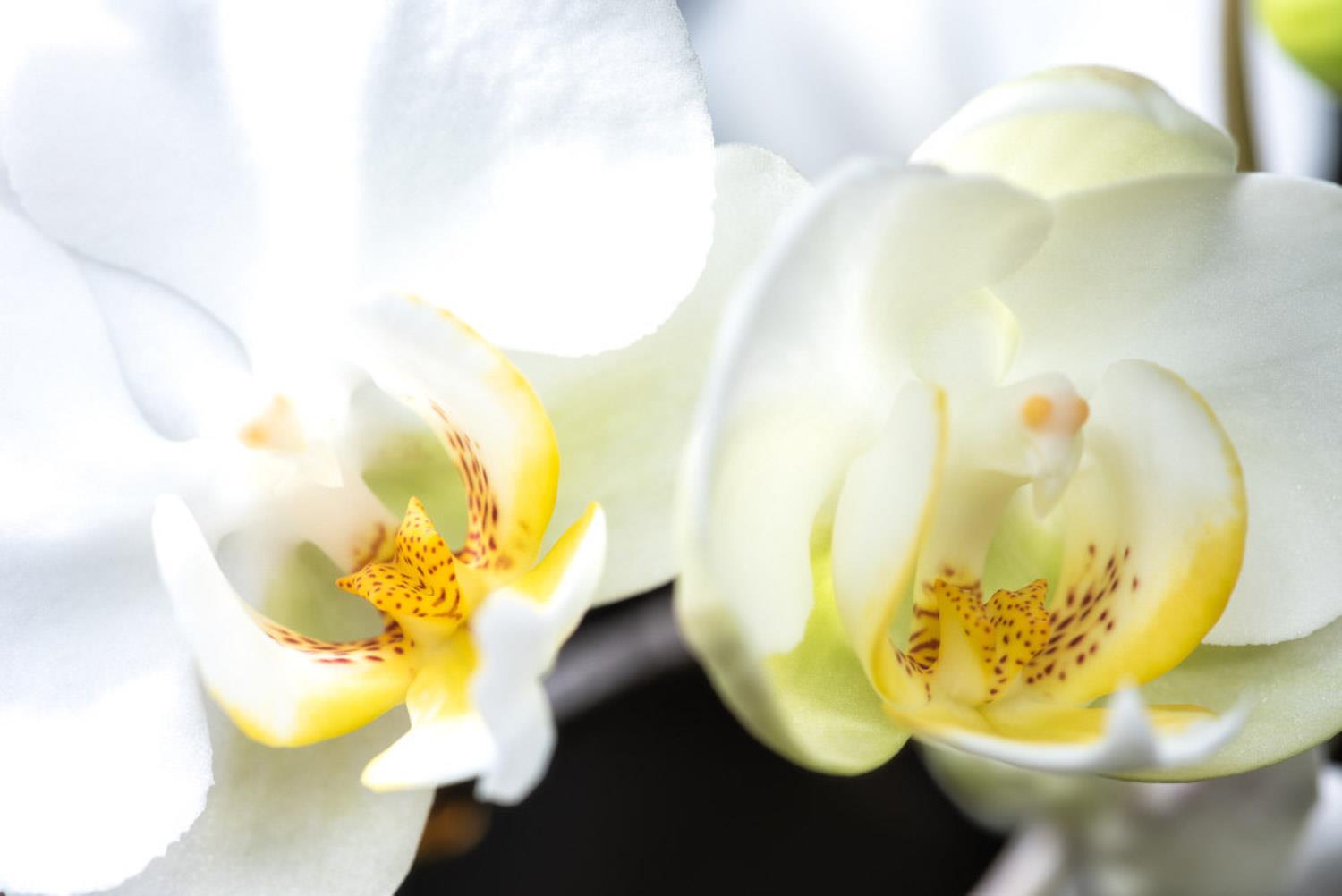
Post-flowering care
It takes about 2 years for Phalaenopsis to grow from seedlings to blooming. After flowering during the Spring Festival, you can cut off the flower arrows from the base to reduce nutrient consumption and replenish compound fertilizers in time.
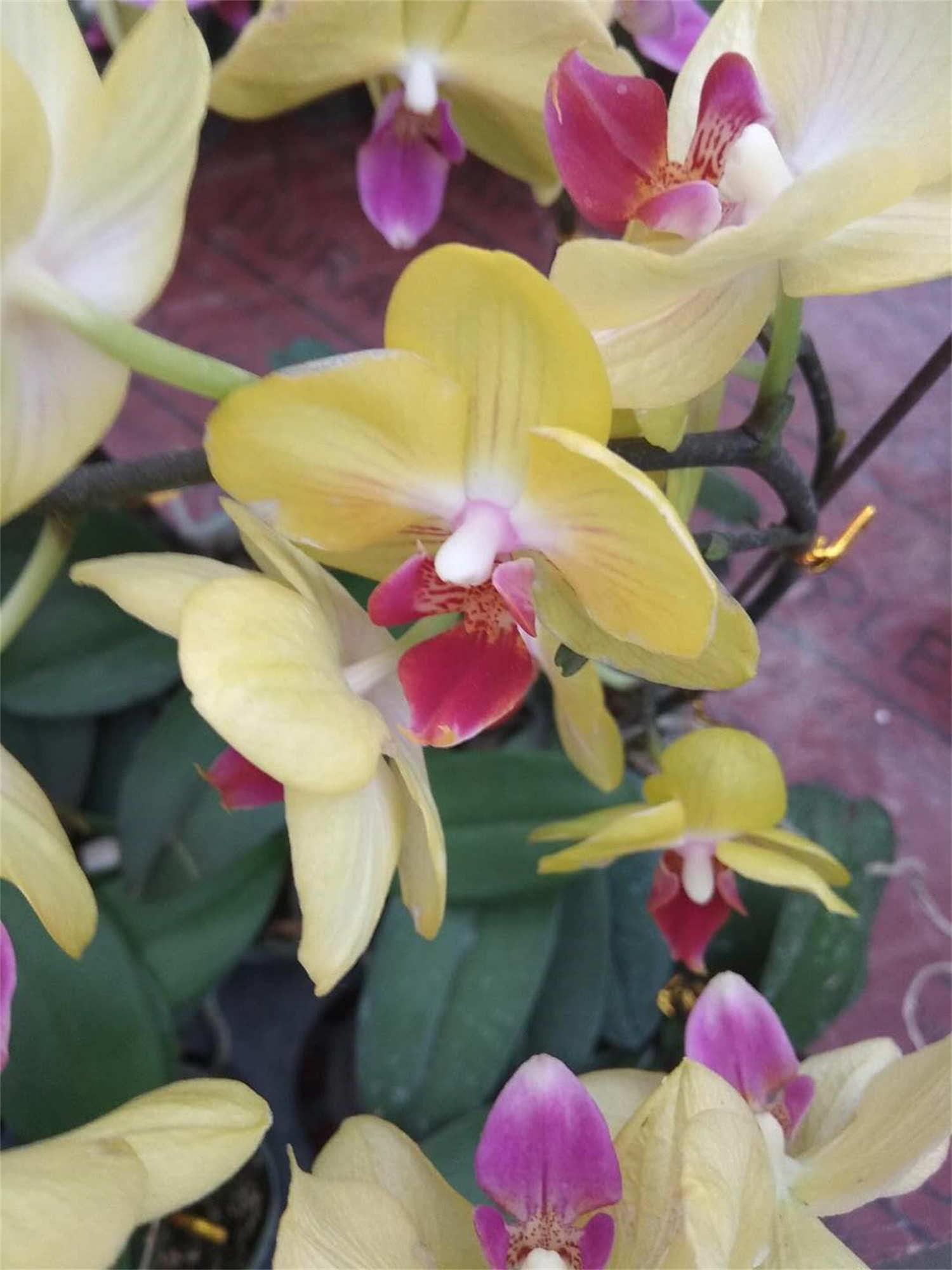
Some Phalaenopsis can grow again in summer if they are properly maintained. It blooms once, but if the cultivation is not enough, it is better to cut off the summer flowers and arrows at the root, otherwise it will easily affect the flowering of the next year.
This concludes the introduction of home care tips for Phalaenopsis.
Do you have any questions about the care of Phalaenopsis?
Just go to the message box and ask Huahua questions!
(Note: The pictures come from the Internet, and the copyright belongs to the original author. Due to restrictions, the source of some pictures cannot be found and the author is not marked. If your rights are infringed, please contact Huahua WeChat qdxixixixixi or QQ1273160598 , for deletion or copyright payment processing)
Moisture
fertilize
soil
illumination
ventilation
Post-flowering care
- END -
Does aloe vera really die after blooming?

There is indeed a saying that blooming symbolizes that aloe vera is old. After it ...
This "flower" blooms for 200 days and is very easy to grow. It can also be grown in the no
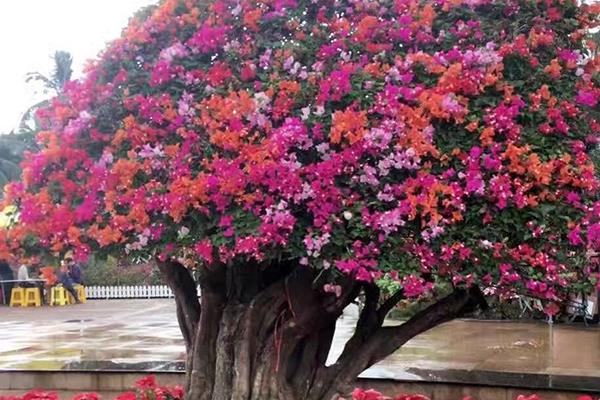
Many friends who grow flowers just want to grow flowers that bloom more, are more ...